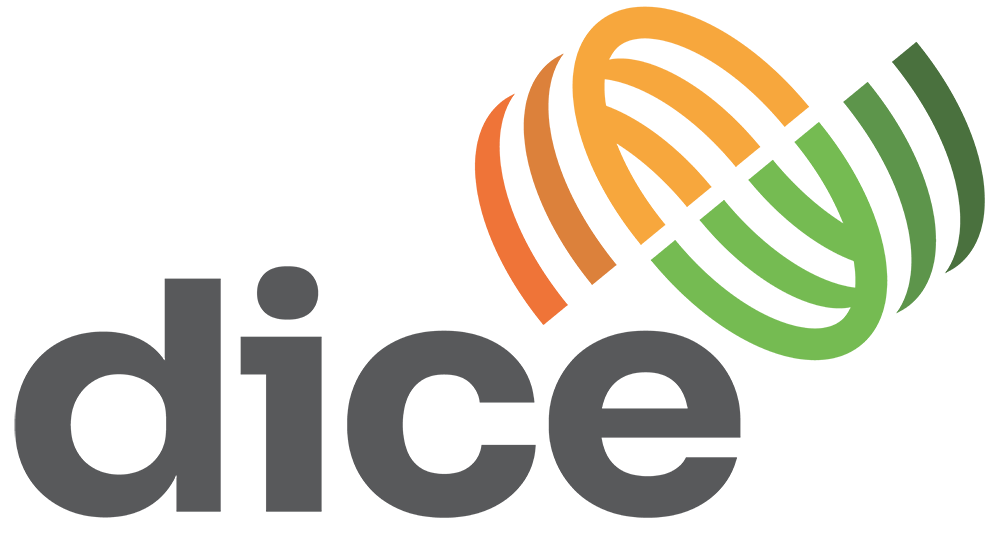EntreComp Into Action – Get Inspired, Make It Happen: A User Guide to the European Entrepreneurship Competence Framework
This guide is a tool for those individuals and organisations who wish to explore why, when and how they can use EntreComp, the European Entrepreneurship Competence Framework. The entrepreneurial competence is increasingly recognised as a competence for life, relevant to personal development and fulfilment, finding and progressing in employment, as well as initiating new ventures. This guide is intended to inspire more actors to get involved and join a community of participants committed to embedding these competencies for life into education, communities, work and enterprise.
